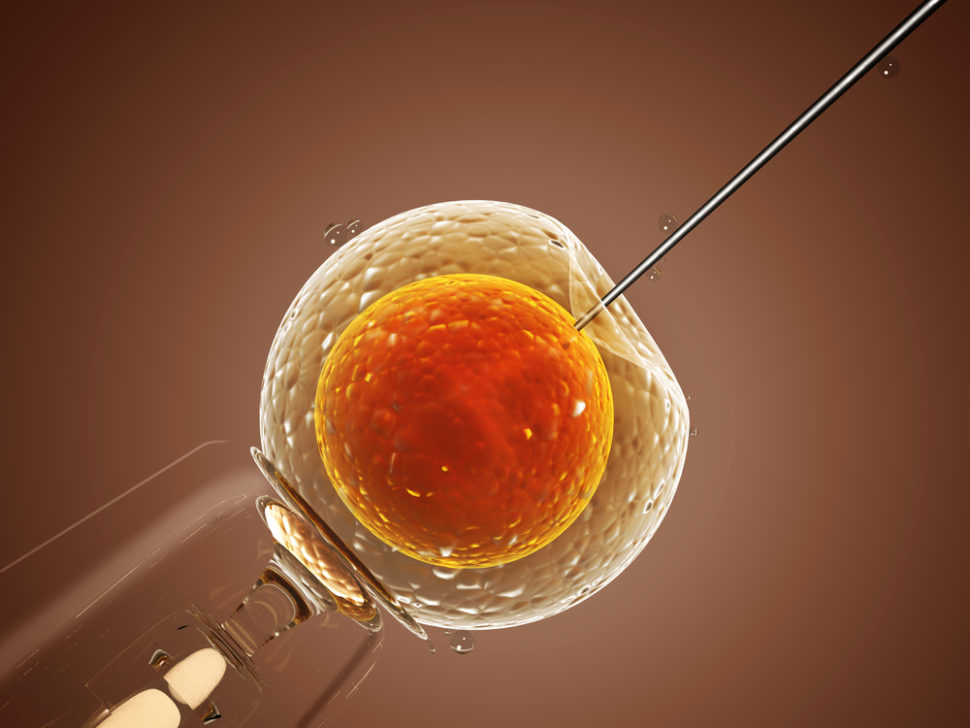Researchers have previously proved that human cells can survive and thrive into an animal organism. They can even grow into a complete and functional organ.
“Chimera” is the name geneticists give to organisms whose cells come from two different species, like from two different animals or human-animal cells.
Scientists have created several lab-grown human-animal chimeras using our cells, like with pigs and sheep.
These human-animal embryo experiments could be the future of organ transplant that would eliminate our reliance on human organ donations. However, there’s a lively ethical controversy that such a biomedical feat can excite.
But in Japan, the government is adopting a pragmatic wait-and-see approach, letting things advance slowly and keeping its eyes over researchers’ shoulders.
Transplant Organs: Japan Gives the Go-Ahead to Human-Animal Embryo Experiments
Dr. Hiromitsu Nakauchi is a professor of genetics at the University of Tokyo in Japan and Stanford University in California.
Focussed on stem cell therapies, one of the leading research interests in the Nakauchi Lab is the “generation of organs from iPS cells by way of blastocyst complementation.” Or in more friendly terms, the use of human-animal hybrid embryos to grow organs.
Now, Dr. Nakauchi has become the first researchers to receive government support to conduct human-animal embryo experiments for organ transplant application.
As reported by Nature, Nakauchi “plans to grow human cells in mouse and rat embryos and then transplant those embryos into surrogate animals. Nakauchi’s ultimate goal is to produce animals with organs made of human cells that can, eventually, be transplanted into people.”
Before these new guidelines come, until last March, Japan limited the development of human embryos to 14 days, like most countries involved in such study.
For decades, researchers have been constrained by the 14-day rule to limit the development of human embryos using stem cells to a maximum period of 14 days after they’re created.
In the case of the recent human-animal embryos, they were never brought to term. With Japan’s Education and Science Ministry’s new rules, however, researchers can develop embryos and bring them to term.
The first to benefit from these new rules, Nakauchi and his team don’t intend to bring any hybrid embryos to term at first. They plan to create hybrid mouse embryos until 14.5 days, almost to term, allowing the animal’s organs to be mostly developed.
Next step, they would redo the same experiments but with rats, and letting them grow for about 15.5 days. Then, when they master the experiment enough, Nakauchi plans to apply for approval to grow hybrid pig embryos for up to 70 days.
The possibility to address the critical shortage of transplant organs and produce custom-made organs, thanks to animal hybrid embryos, is worth a shot. Dr. Nakauchi thinks that by proceeding slowly and cautiously, they would open dialogue and overcome the ethical questions that might concern the public.



















Comments (0)
Most Recent